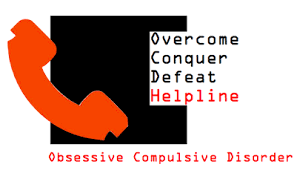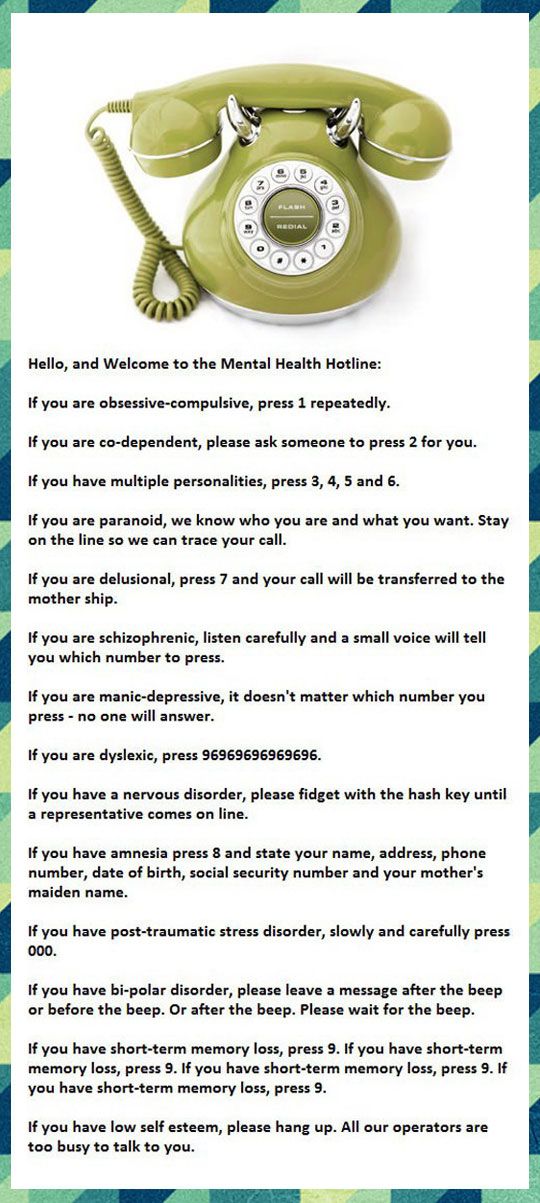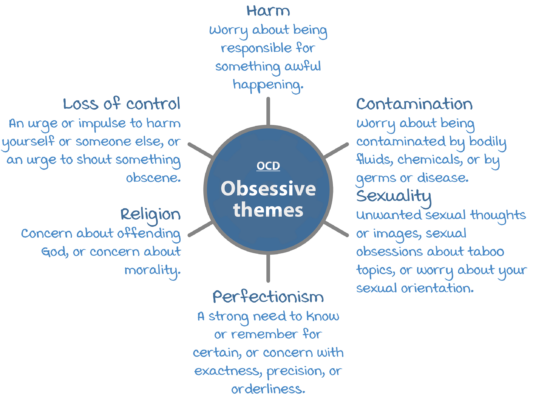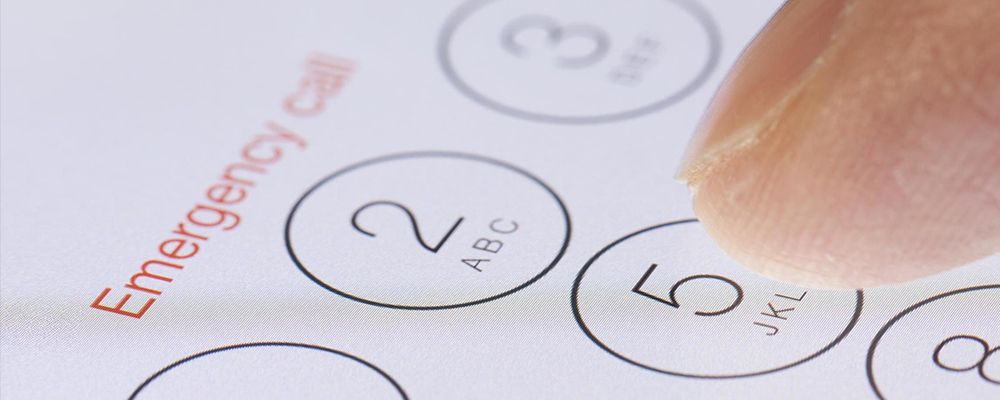Obsessive-compulsive disorder, better known as OCD, is a mental health condition that affects people of all ages and backgrounds. If you are struggling with OCD or know someone who is, it can be helpful to know about the OCD hotline and what it can do for you.
In this article, we will discuss everything you need to know about the OCD hotline, including when to dial on, how to get started, and what to look out for. We will also hear from experts in the field and share a case study. Let’s get started!
Contents
Understanding OCD Hotline

The OCD hotline is a free, confidential service that provides support and information for people with OCD and their loved ones. It is available 24 hours a day, seven days a week.
How It Can Help
The OCD hotline can help you understand your condition, find resources in your area, and connect with other people who know what you’re going through. It can also provide support if you are struggling with suicidal thoughts or behaviors.
When To Dial-In
- If you need immediate assistance, please call 911.
- For general questions about OCD or to find resources in your area, you can call the OCD hotline at 800-273-TALK (800-273-825).
- If you are in a crisis or are thinking about harming yourself, please call the National Suicide Prevention Lifeline at 800-273-TALK (800-273-825).
Connecting With OCD Hotline

The OCD hotline is a great resource for people with OCD and their loved ones. It can provide support, information, and resources when you need them the most.
How To Get Started
When you call the OCD hotline, you will be connected with a trained mental health professional. They will ask you questions about your symptoms and how they are affecting your life.
Things To Keep In Mind
There are a few things you should keep in mind when you are talking to the mental health professional on the OCD hotline.
- First, be honest about your symptoms and how they are impacting your life.
- Second, be prepared to answer questions about your mental health history.
- Third, be open to discussing your treatment options.
Red Flags To Ignore
There are a few red flags that you can ignore when you are talking to the mental health professional on the OCD hotline.
- First, they may not be able to diagnose your condition over the phone.
- Second, they may not be able to prescribe medication over the phone.
- Third, they may not be able to provide long-term therapy over the phone.
Listing Top OCD Hotlines

In Asia
- Hong Kong: 999
- OCD Singapore: +65-1800-188-6886
- Philippines: (02) 8920-2900 or 2901
- India: National Institute of Mental Health Helpline – 1860 266 2345
In Europe
- France: S.O.S. Obsessions – 01 45 39 40 00
- United Kingdom: OCD UK helpline – 0845 390 6000
- Germany: Bundespsychotherapeutische Beratungsstelle – 0800-181-0270
In Africa
- South Africa: LifeLine Counselling Services – 086 132 2322
- Nigeria: National Mental Health Helpline – 0708-789-0010
In North America
- Canada: Crisis Services Canada – 416-408-HELP (416-408-4435)
- USA: National Suicide Prevention Lifeline – 800-273-TALK (800-273-825)
In South America
- Brazil: CVV – 188
- Chile: +56 225885362
- Argentina: +54 911 3775-2000
In Australia
- Lifeline Australia – 13 11 14
- beyondblue – 1300 22 4636
This list is not exhaustive, and we urge you to do your own research to find the resources that are best for you.
Hearing From Experts

When we reached out to experts in the field of mental health, they had this to say about OCD hotlines:
Dr. Aaron T. Beck, Professor Emeritus of Psychiatry at the University of Pennsylvania: “The main thing is that the person should not feel alone and that there are people who care and want to help them. It’s very important.”
Dr. Ann-Louise S. Silver, Psychiatrist and Medical Director of the Center for OCD and Anxiety at Sheppard Pratt Health System: “I believe that it can be helpful for people with OCD to know that there are other people out there who understand what they are going through and can provide support.”
Dr. Michael A. Jenike, Founder of the Obsessive-Compulsive Foundation: “I believe that OCD hotlines can be very helpful for people who are struggling with OCD. They can provide support and resources that may not be available elsewhere.”
Case Study
John is a 20-year-old college student who has been struggling with OCD for the past year. He has been avoiding public places and has been having a lot of intrusive thoughts about contamination and germs. He has been to see a therapist and is currently taking medication, but he feels like he is not getting better.
One day, John decides to call the OCD hotline. He talks to a counselor for an hour and feels like he is finally able to talk to someone who understands what he is going through. The counselor provides him with resources and information about OCD, and John feels hopeful for the first time in a long time.
Resources
If you or someone you know is struggling with OCD, please call the National Suicide Prevention Lifeline at 800-273-TALK (800-273-825) or the OCD hotline at 800-273-TALK (800-273-825).
You can also find more resources here:
- American Psychiatric Association: Suicide Prevention
- National Institute of Mental Health: Suicide Prevention
- Substance Abuse and Mental Health Services Administration: National Helpline
If you are in an emergency, please call 911.
Conclusion
The OCD hotline is a great resource for people who are struggling with OCD. It can help you understand your condition, find resources in your area, and connect with other people who know what you’re going through. The OCD hotline is confidential and available 24 hours a day, seven days a week. If you or someone you know is struggling with OCD, please call the National Suicide Prevention Lifeline at 800-273-TALK (800-273-825) or the OCD hotline at 800-273-TALK (800-273-825).
A Word From Therapy Mantra
Your mental health — Your psychological, emotional, and social well-being — has an impact on every aspect of your life. Positive mental health essentially allows you to effectively deal with life’s everyday challenges.
At TherapyMantra, we have a team of therapists who provide affordable online therapy to assist you with issues such as depression, anxiety, stress, workplace Issues, addiction, relationship, OCD, LGBTQ, and PTSD. You can book a free therapy or download our free OCD treatment app on Android or iOS.


